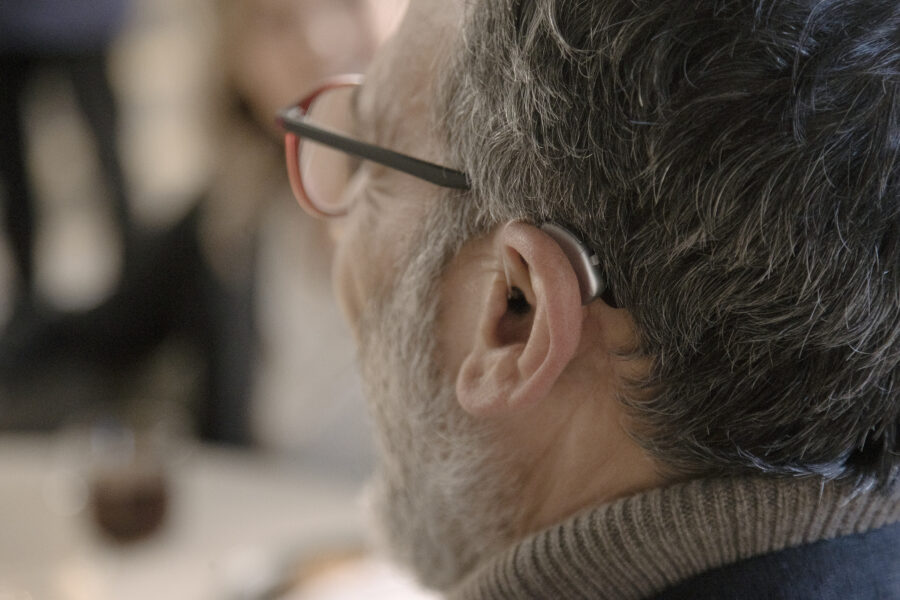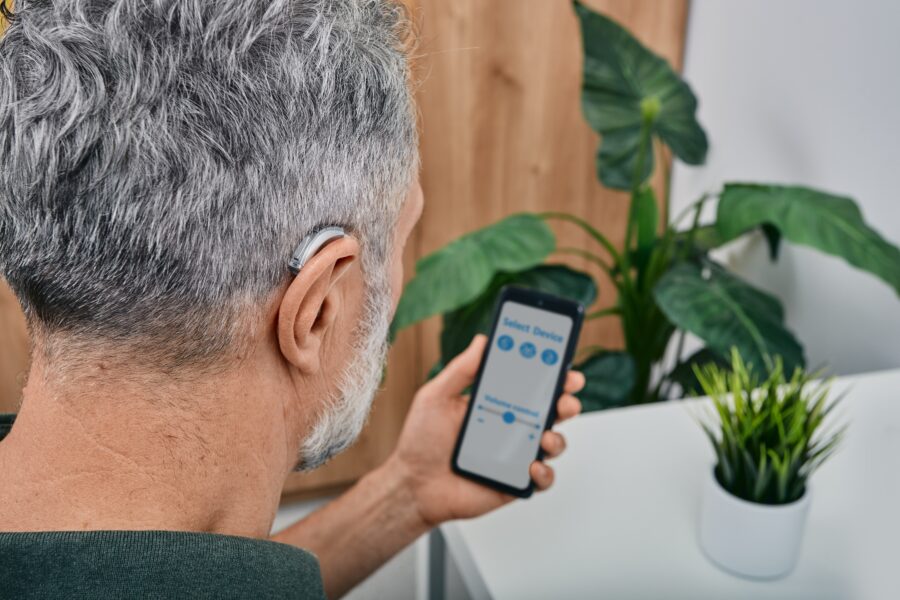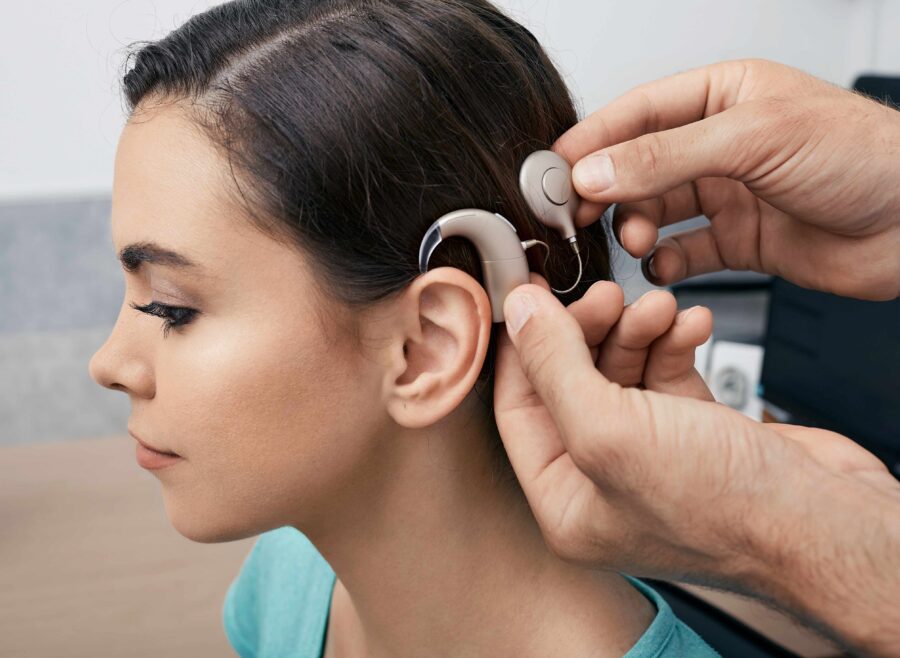Blog post
Deaf Awareness Week
This year (2022), the new theme, Coming through it together, is a tremendous opportunity to promote the positive aspects of deafness, promote social inclusion and raise awareness of the enormous range of local organisations that support deaf people and their family and friends.
How we help people with their hearing
We are pleased to offer people hearing care at home. Hearing loss increases sharply with age – nearly 42% of those aged over 50 years have hearing loss, increasing to about 71% of people aged 70+. About 400,000 older people live in care homes and are disproportionately affected by hearing loss, with approximately 75% of residents having a hearing problem.
How to communicate
The deaf community struggles daily with stigma, prejudice and communication. Medical studies have found that deaf people suffer from mental health issues at about twice the general population rate. People must understand the difficulties that the deaf community faces on a day-to-day basis. Everyone should become familiar with how to communicate appropriately with someone who is deaf or hard of hearing to prevent them from feeling isolated and alone.
When speaking with a member of the deaf community:
- Make sure you have the person's attention before speaking.
- Maintain eye contact when communicating.
- Speak clearly, don't speak too quickly or too slowly.
- Don't shout. It's uncomfortable for hearing aid users and can appear aggressive.
- Avoid areas with excess noise and choose somewhere with good lighting.
- Speak one at a time, don't talk over each other.
- Keep it clear - masks are now available with a transparent panel, so the mouth is visible at all times.
- Be patient - if the person doesn't understand you, don't give up.
- Don't keep repeating the same word. Try explaining things differently.
- Write it down or use a text message.
- Use a BSL mobile app to translate speech into text.
For more information about Deaf Awareness Week click here.
Sources:
Facts about deafness & hearing loss - Hearing Link
Deaf Community Mental Health and Barriers to Care (verywellmind.com)


